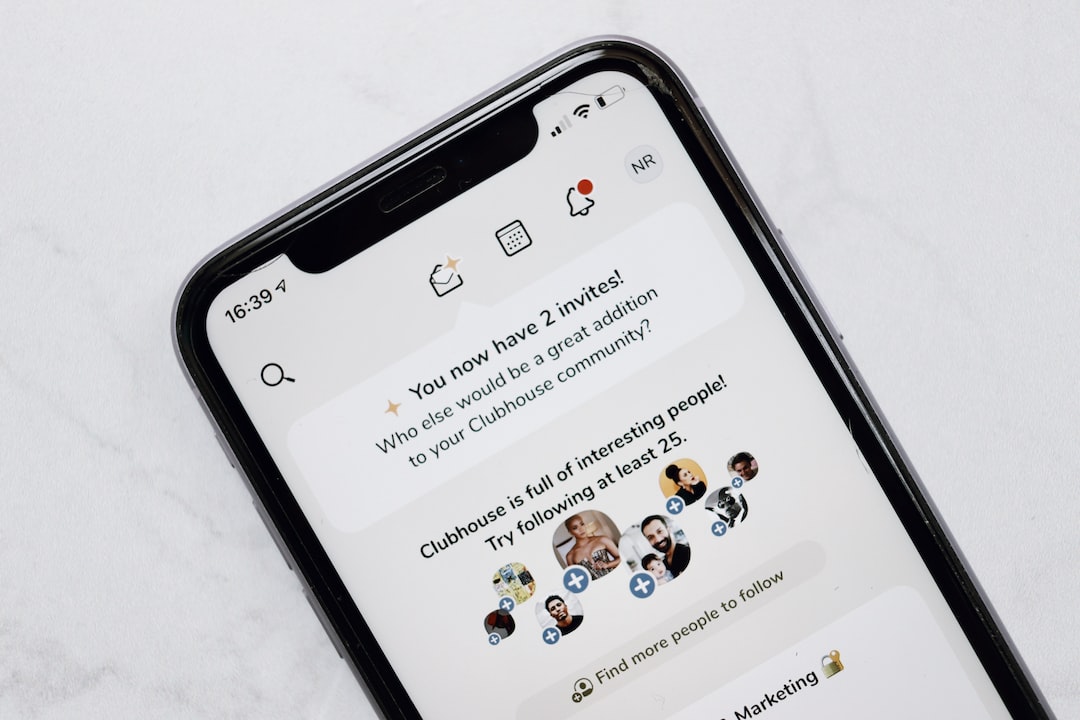The US Capitol riot of January 6, 2021 will always be remembered as one of the darkest days in American history. It was a day when supporters of former President Donald Trump breached the Capitol building, interrupting the certification of the 2020 election results. The rioters vandalized the Capitol, attacked law enforcement officers, and terrorized elected officials and their staff.
Now, months later, the people who stormed the Capitol that day are facing an array of criminal charges and potential consequences. According to the US Department of Justice, more than 500 people have been charged in connection with the insurrection. Many defendants are awaiting trial, while others have pleaded guilty or been sentenced.
One of the most high-profile defendants is Jacob Chansley, also known as the “QAnon Shaman.” Chansley became a viral symbol of the riot with his face paint and horned headdress. He was among the first rioters to be arrested and charged. In November 2021, he was found guilty of obstructing an official proceeding, entering and remaining in a restricted building or grounds with a deadly or dangerous weapon, and disorderly conduct.
Another prominent defendant is Richard Barnett, known for posing in House Speaker Nancy Pelosi’s office during the attack. He was charged with seven counts, including theft of government property and disorderly conduct. In September 2021, Barnett pleaded guilty to one count of unlawfully entering the Capitol and was sentenced to eight months in prison.
Several other defendants have also been sentenced to prison time. Robert Reeder, a Maryland man who was caught on camera assaulting a police officer, was sentenced to eight months in prison in September. Dominic Pezzola, a member of the Proud Boys group, was sentenced to more than five years in prison for breaking into the Capitol and stealing a police officer’s shield.
Some defendants have tried to argue that they were following the orders of then-President Trump, who had called on his supporters to march to the Capitol and “fight like hell.” However, this defense has not been successful in most cases. In June, a judge rejected the argument that defendant Anthony Antonio was a victim of “the Trump defense.” Antonio had claimed that he was acting on behalf of the President when he entered the Capitol. The judge in the case called the argument “utterly frivolous.”
The consequences of the Capitol riot have extended beyond criminal charges. Some rioters have lost their jobs, been disowned by their families, and faced social stigma in their communities. The FBI has also warned that the events of January 6th could inspire further violence from extremist groups.
Overall, the US Capitol rioters are facing significant legal and personal consequences for their actions. The swift and thorough prosecution of these cases sends a message that political violence will not be tolerated in the United States. As the legal proceedings continue, the country will be watching to see how justice is served for the events of January 6th.

